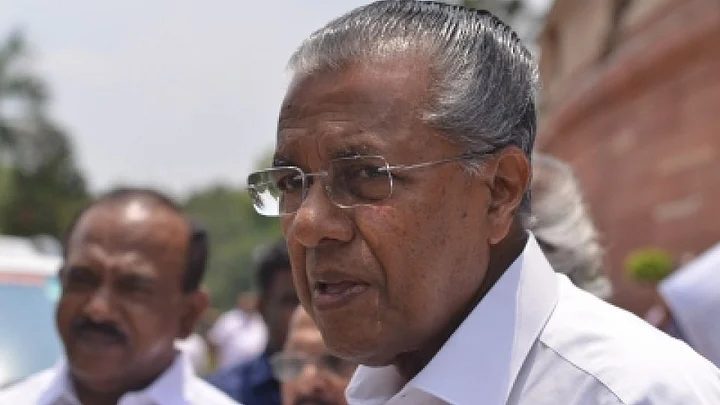Kerala became the first state to invoke the power under Article 131 of the Constitution to take the Central government to court over the Citizenship (Amendment) Act 2019 – the CAA. This is not a writ petition like the other challenges (which are scheduled to be heard on 22 January), but invokes the mechanism for states to challenge the Centre over
“any question (whether of law or fact) on which the existence or extent of a legal right depends”.
The petition argues that the CAA is violative of Articles 14 (right to equal treatment), 21 (right to life and personal liberty) and 25 (right to practice religion) and also violates the principle of secularism which is part of the basic structure of the Constitution.
The Citizenship Amendment Act, 2019 also challenges the amendments made to the Passport (Entry Into India) Rules and the Foreigners (Amendment) Order in 2015 and 2016, which made special dispensation for Hindus, Sikhs, Buddhists, Jains, Parsis and Christians from Afghanistan, Bangladesh and Pakistan on the same grounds.
These are the secondary legislations that are referred to in the Citizenship Amendment Act, 2019 to indirectly include the concept of religious persecution.
It is not entirely clear if a State government can file cases related to constitutionality of a Central law using the mechanism under Article 131.
The Kerala Government has justified this move by saying that Kerala will be “compelled to ensure compliance of the provisions of the Impugned Amendment Act, the Impugned Passport Rules Amendments and the Impugned Foreign Order Amendments, which are manifestly arbitrary, unreasonable, irrational and violative of fundamental rights under Articles 14, 21 and 25.”
To justify this suit under Article 131, it is stated that there exists a dispute involving questions of law and fact, between Kerala and the Centre regarding the enforcement of legal rights as a State and also regarding the enforcement of the fundamental, statutory, constitutional and other legal rights of the inhabitants of the State of Kerala.
The Supreme Court has arrived at different conclusions on this issue in the past.
In 2011, in State of Madhya Pradesh vs Union of India , a 2-judge bench held that constitutionality of a Central law could not be challenged by a State government.
In 2014, a bench of the same strength headed by Justice Chelameswar found that earlier decisions of the Supreme Court had clearly held that there was no bar on Article 131 being used to hear matters dealing with constitutional law cases. However, following propriety, he referred the matter to a larger bench to settle the question.
As the larger bench to hear this reference has not been constituted till now, this means that the apex court will need to make a decision on the reference before it can pass any judgement on the Kerala government’s petition and would also require to constitute a larger bench to decide on the said matter.
The question for this larger bench will presumably include whether the 1977 decisions of Constitution Benches of the Supreme Court, which said that Article 131 could be used by a State government to bring a case relating to constitutional issues against the Centre, were correctly decided.
(At The Quint, we question everything. Play an active role in shaping our journalism by becoming a member today.)
